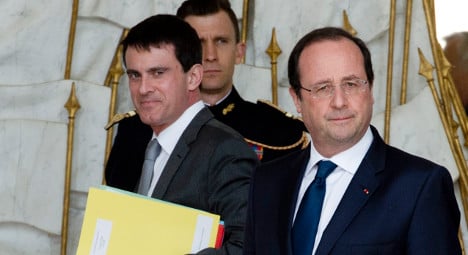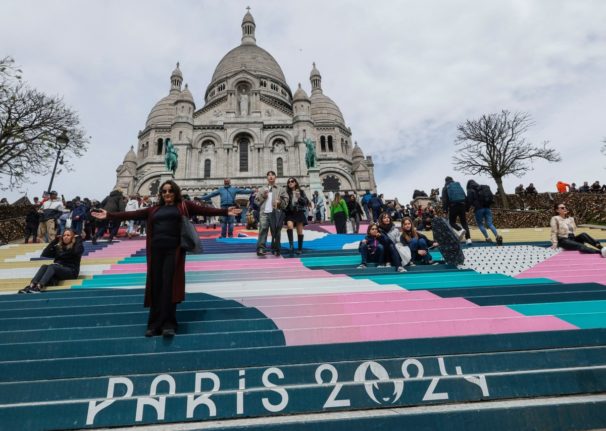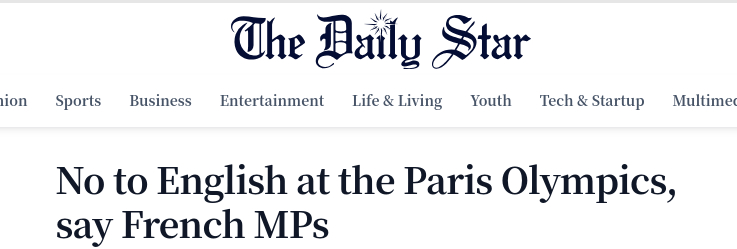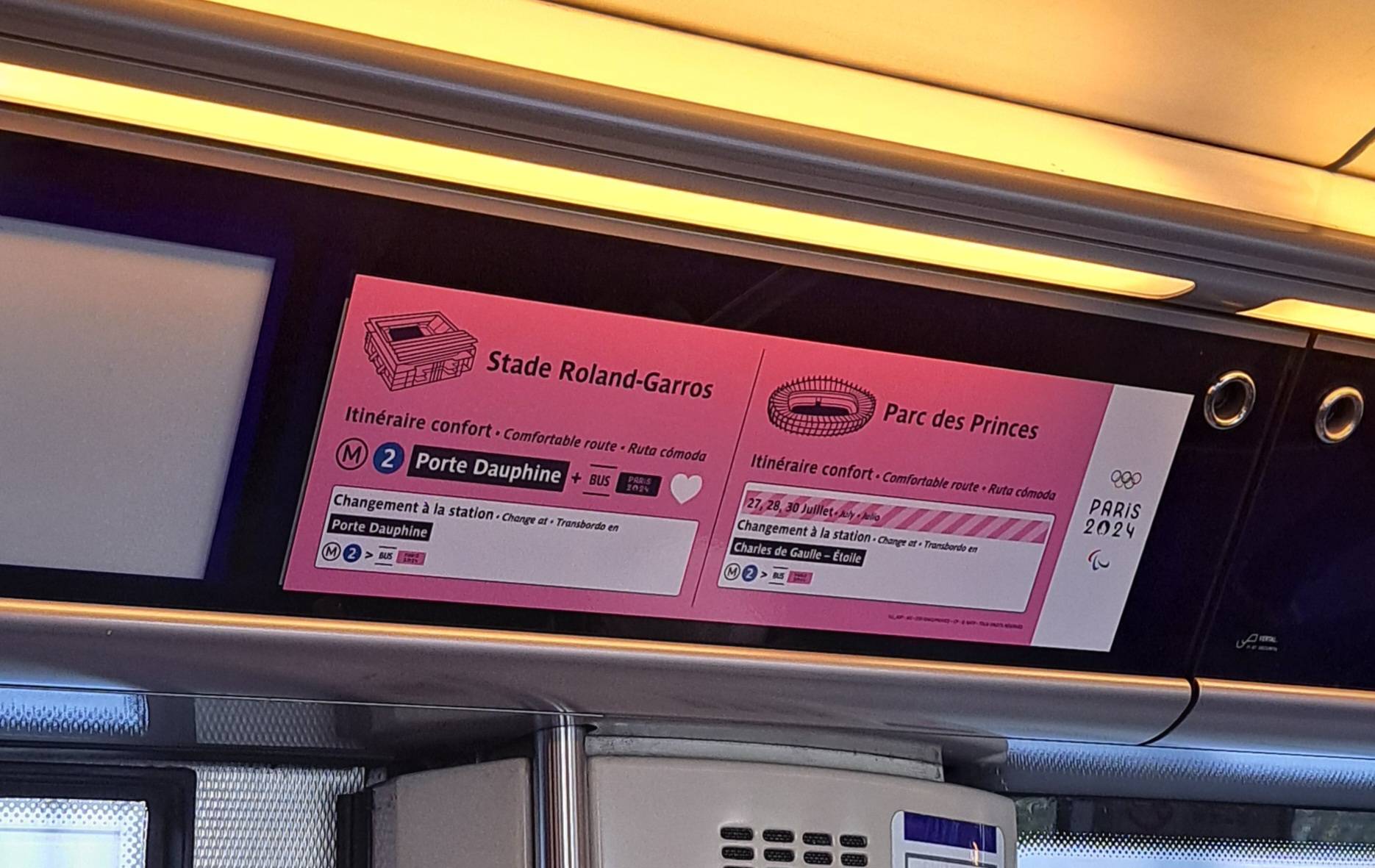Before he broke up on holiday Valls warned of a “difficult” autumn for the country but things appear to have even worsened while he has been away.
Last week The Local reported how the French economy had stagnated for the second quarter of 2014, forcing the government to re adjust their growth forecasts as well as accept the target of cutting the deficit would not be met.
Despite the bad news Valls said he will not be changing course and vowed to continue to make €50 billion worth of cuts over the next three years that would allow him to cut costly payroll charges for companies.
“If we don’t support our businesses to improve their own competitiveness, the country will never recover,” Valls told Le Journal du Dimanche newspaper.
The PM and Hollande are believed to be preparing to pile up the pressure on Brussels to push for a change of policy that would help boost growth. The pair have taken it in turns in recent weeks to call for more to be done, both in Brussels and Berlin to help boost the Eurozone economy.
The next European summit on August 30th is expected to be a feisty affair.
Valls made a plea that the public must allow time for the reforms to take effect.
But as Valls and Hollande try their best to set the ship straight, a new opinion poll, suggests the public are unlikely to give them much breathing space.
More than eight out of ten French people have no confidence that the government of Manuel Valls can lift the gloom around the country’s economy, the poll said.
The poll, which was published for the Journal du Dimanche newspaper found that 85 percent of the country had no confidence that the government can achieve any “concrete results” to lower unemployment.
In terms of achieving any growth in the economy, 84 percent doubted it was possible, and when it comes to reducing the public deficit, 82 percent had no faith in Hollande, Valls an co.
Perhaps one result of the poll that will alarm the government the most, is that only around four out of ten Socialist supporters have confidence in the party's economic policies.
When asked what the government’s priorities should be when politicians return in September, 70 percent of respondents named bringing unemployment down, while other tasks they want Hollande to deal with are crime and the loss of purchasing power.
Do you think the Socialist government can turn the economy around?





 Please whitelist us to continue reading.
Please whitelist us to continue reading.
Member comments